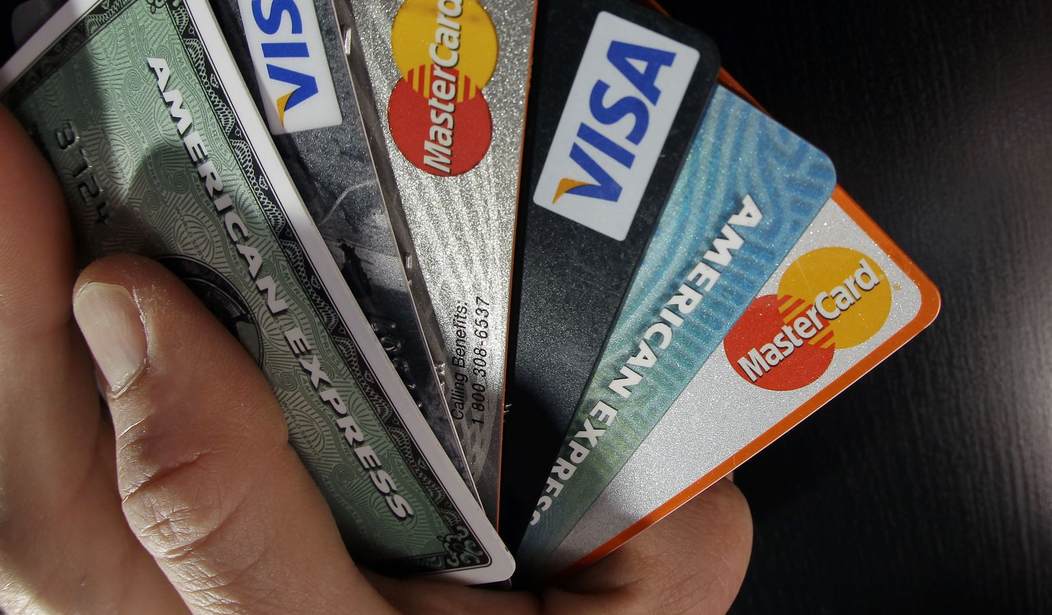In recent remarks at a Consumer Federation of America event, CFPB Deputy Director Zixta Martinez attacked innovative partnerships between banks and fintech companies that help millions of Americans struggling to access credit.
Martinez’s allegations lack any foundation in reality and will greatly harm credit challenged populations across the United States, particularly in the Black and Hispanic communities.
While Martinez and her allies in the so-called “consumer advocacy” sphere allege a conspiratorial plot to “evade state interest rate caps and licensing laws,” these partnerships take place because they are mutually beneficial for banks and fintech companies. Working symbiotically, banks provide the balance sheet and other organizational assets needed to write the loans while fin-techs provide the technology needed to cost-effectively assess the risks, market, and service them. Each handles specific functions the other cannot perform cost-effectively, and through their partnership, provide a much-needed service to a population that largely does not otherwise qualify for traditional forms of credit.
Perhaps in the consumer advocacy dream world, banks can profitably offer short-term, small-dollar loans to populations with thin, poor, or non-existent credit histories. Real world applications prove this untrue. Banks cannot justify the risk of lending even small dollar amounts to credit-challenged populations given the considerable fixed costs—expenditures associated with paperwork, originating, servicing, compliance, and other often-overlooked aspects of lending.
If Martinez and her allies shutter small dollar installment lenders, many groups stand to suffer. The broadest, naturally, is the credit-strapped population seeking fulfilment of their financing needs instead of being turned away by lenders. According to the FDIC, nearly one in five households who applied for bank credit were either denied or were not given as much credit as they requested. An additional 6.3 percent of households did not apply because they were concerned about being turned down.
Recommended
Within that group, the FDIC data shows Black and Hispanic consumers are likely to suffer disproportionately higher rejection rates than whites. Where less than 15 percent of white consumers were denied credit from a bank or not given as much as they requested, that number jumps to 22.7 percent for Hispanics and more than 26 percent for Black consumers.
Data from the CFPB—the agency Martinez deputy directs—also highlights Black and Hispanic consumers’ increased vulnerability to emergency funding needs and income disruptions. According to the CFPB’s most recent “Making Ends Meet” survey report, 57 percent of white consumers have less than a month of income saved for emergencies. That figure rises to 75 percent for Hispanic consumers and 85 percent for Black households.
These are very real problems, especially as national economic news continues to darken with inflation, higher gas prices, and other costs of living on the rise. People are struggling across all income levels, races, and other demographic markers as rising inflation continues to eat into the cost of living. In other words, this is a time where people need a broad range of credit options more than ever.
Where Martinez and the so-called “consumer advocacy” groups get the situation egregiously wrong is that these financial services companies offer a lifeline to consumers, not an anchor. In many cases, they prevent consumers from being forced to overdraft their accounts, accrue late fees, pawn valuables, or go without a good or service that is badly needed.
Consumers deserve options, starting with a CFPB that does not exacerbate the problems experienced by credit-vulnerable populations—particularly Black and Hispanic ones—but solves them. CFPB can work to decrease the financial strain on consumers instead of bowing to pressure to curtail options. As American household battle the impacts of a recession we need the support of the CFPB – not an agency kowtowing to its perceived allies in the financial space.
Stacy Washington is the host of Stacy on the Right, on SiriusXM Patriot Channel 125.

























Join the conversation as a VIP Member